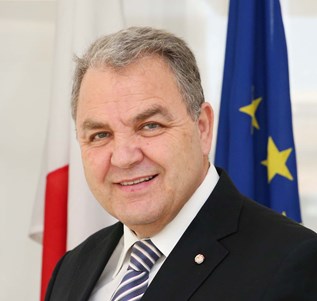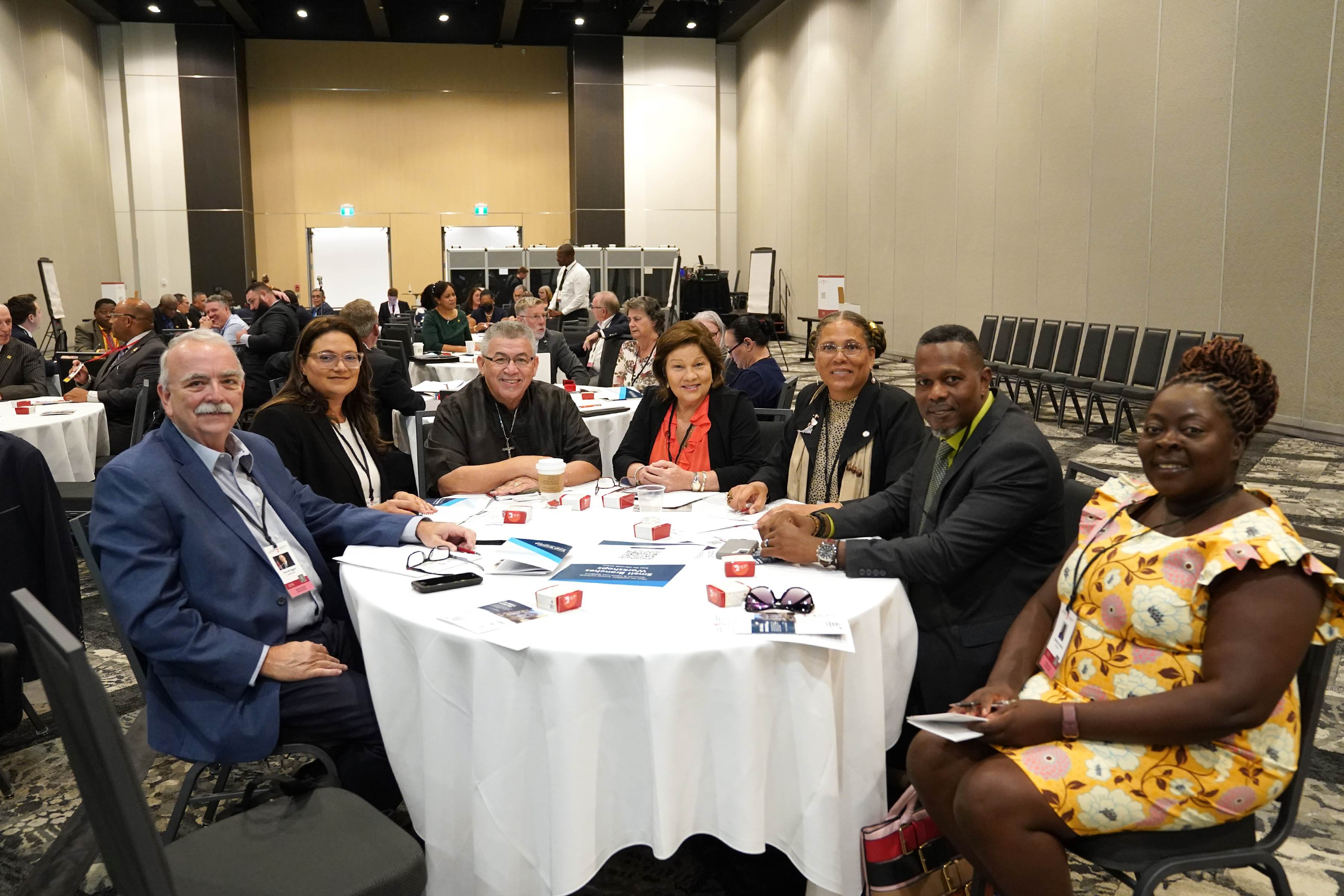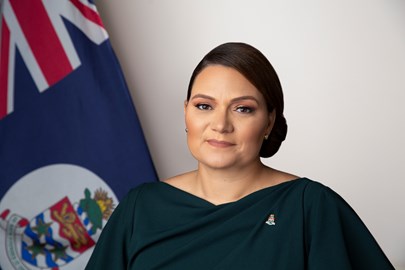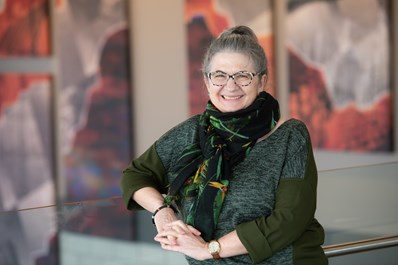
Dr Angelo Farrugia LL.D. M.Jur. (magna cum laude), has been unanimously re-elected Speaker of the House of Representatives, Parliament of Malta, for the third time during the first sitting of the Fourteenth Legislature held on 7th May 2022.
Dr Farrugia first entered Parliament in 1996, and was re-elected in 1998, 2003 and 2008. In June 2008, he was elected as the Labour Party’s Deputy Leader responsible for Parliamentary Affairs and served for five years as the Opposition’s Shadow Minister on Employment and Workers’ Rights.
In February 2016, Dr Farrugia received the PAM 2015 Excellence in the Mediterranean Award.
During the period 2016 – 2018, he held the British Isles and Mediterranean Region seat of the Conference of Speakers and Presiding Officers of the Commonwealth. Speaker Angelo Farrugia also served as the first-elected Chairperson of the Small Branches of the Commonwealth Parliamentary Association between 2016 and 2019.
Dr Farrugia is the author of the following publications:
• Is-Sedja titkellem - Volumes 1 - 12
• The Voice of Parliamentary Diplomacy
• Il-futur tas-Setturi kulturali u Kreattivi
• Ħajja ħielsa mid-droga, Flimkien b’għan wieħed
• The State’s duty to inform – essential to the right to good governance - A joint publication between the Office of the Speaker and the Office of the Ombudsman
• mill-Parlament – Periodical issued by the Office of the Speaker
• “Social Inclusion of Invisible Disabilities” in Parliament
Dr Farrugia was born on the 29th December 1955, in Mosta, and is married to Carmen née Zammit. They have a daughter, Caroline, who is a Magistrate at the Maltese Courts of Law.



